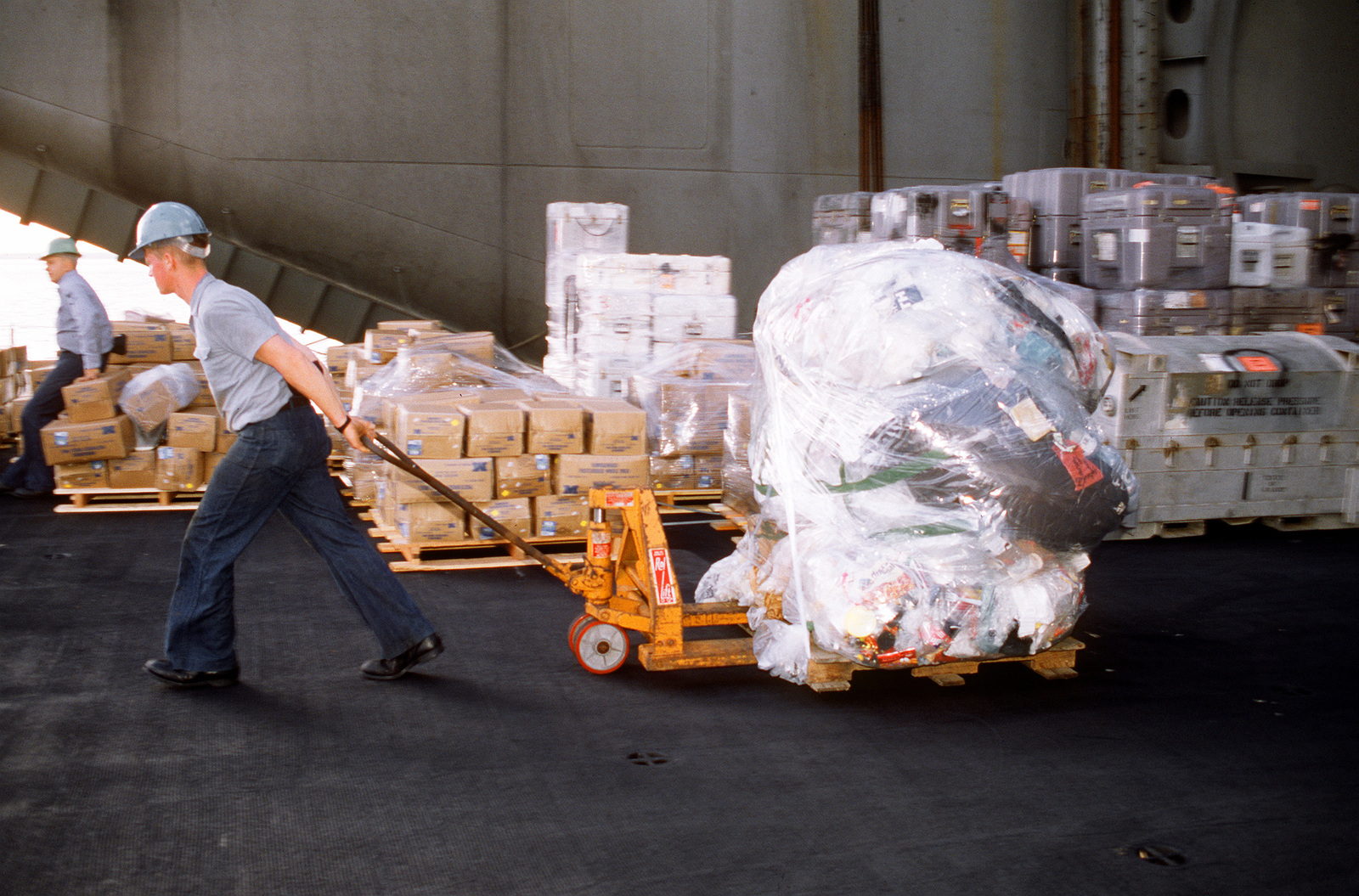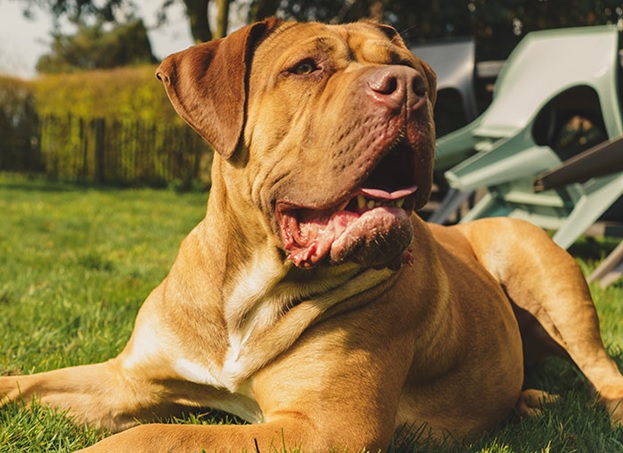Bringing home a pet dog is always exciting and a bold new step in your life. The problem is it could also be a death sentence for rugs, furniture, even electronic devices.Today we’re taking a look at some of the chaos a new dog can bring to your home, the reasons behind it and what you can do about it.
Foraging and Grazing
If your dog keeps vomiting and has diarrhea more often than normal, then it might be because they forage for scraps around your home and while on walks, and sometimes eat things that disagree with them. Whether it’s because they’re slightly toxic, rotten or simply richer than their usual diet, it’s easy for something unexpected to upset your dog’s stomach, and this can lead to extra clean up for you, the ruination of a piece of furniture or even an urgent trip to the vet!
Training on this issue has to begin at home. However convincingly they might beg while you’re eating, you know you’re not starving your dog (as long as you are indeed feeding them enough for their breed and age group!) so resist the urge to feed scraps. If your dog is used to being fed at meal times, and given specific snacks, they’ll become less inclined to sample anything that falls to the floor while you’re cooking, or questionable things they sniff out on walks.
This isn’t a replacement for vigilance while you’re out walking, of course, and working on the ‘drop’ command. If your dog is an inveterate forager and not to be trusted, you might even consider a light muzzle while you’re out walking. It’s also researching a dog vomiting and diarrhea treatment so you can help them recover if they do get into difficulties again.
Destroying Furniture
Some dogs love to chew things – lots of dog owners go through more than the average number of shoes, rugs and even sofas. This is costly and destructive, and also dangerous for your dog, especially if one of the things they go for is electrical cabling.
As with many other issues this is a matter mostly for training. If you have your dog from a puppy, you need to proactively train them not to chew on things you don’t want chewed! If you’ve adopted an older dog, you may have to go back to first principles and teach them all over again. Try using acceptable substitutes like chew toys designed for the purpose to redirect their instincts, and discourage them from chewing on furniture with taste deterrents and by distracting them before they can get started!
Why Do They Do It?
For many dogs, chewing is a way to relieve stress, anxiety and boredom, and problematic chewing is because they don’t feel secure or are understimulated. Some new toys, longer walks and more time spent playing might help, as could working on training that helps them to spend time alone without pining for you.
If you can understand where these destructive behaviours are coming from, you can tackle them at root, and not come home to find destroyed rugs, sofas or even doors!















